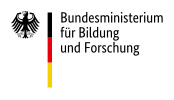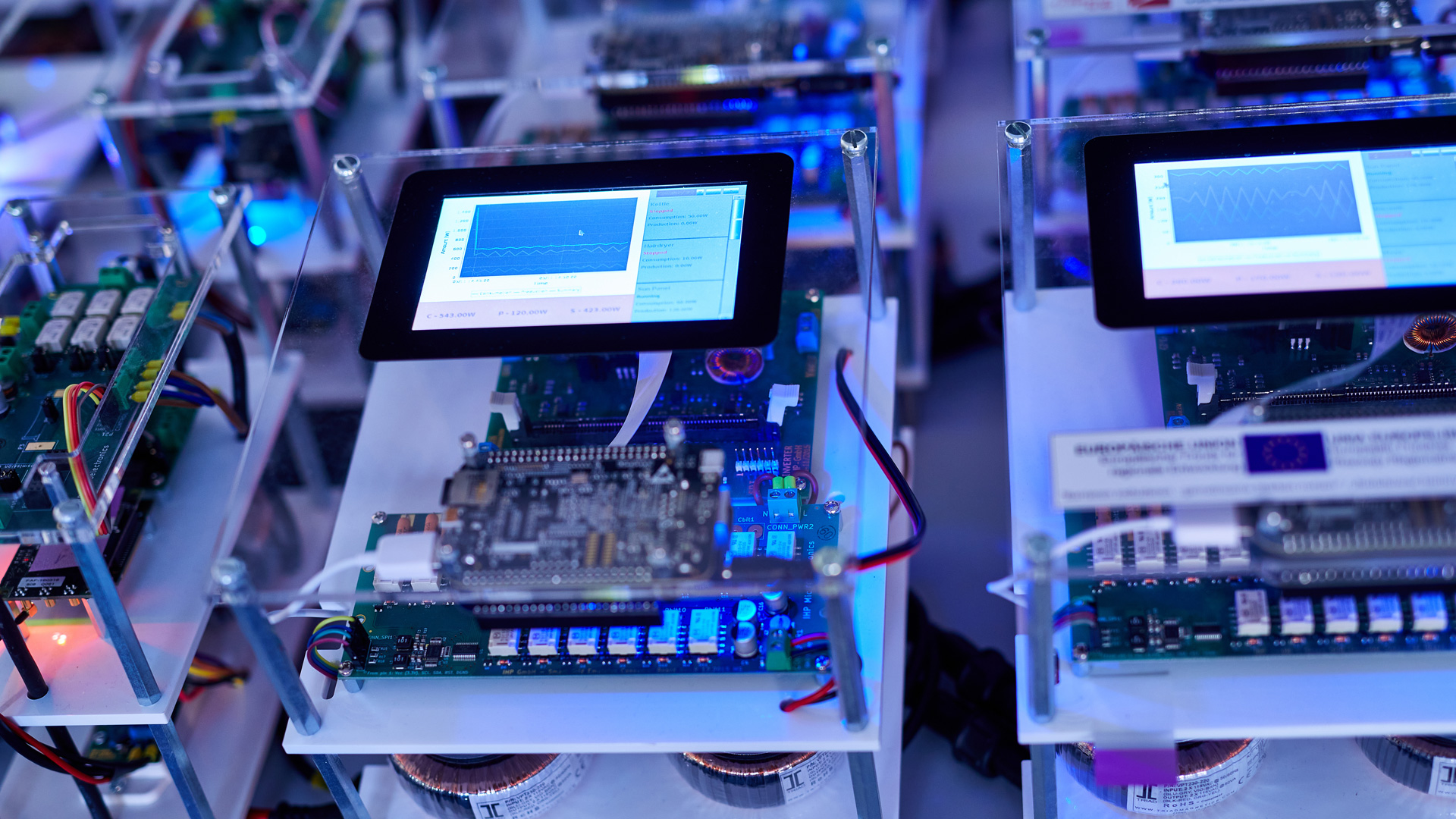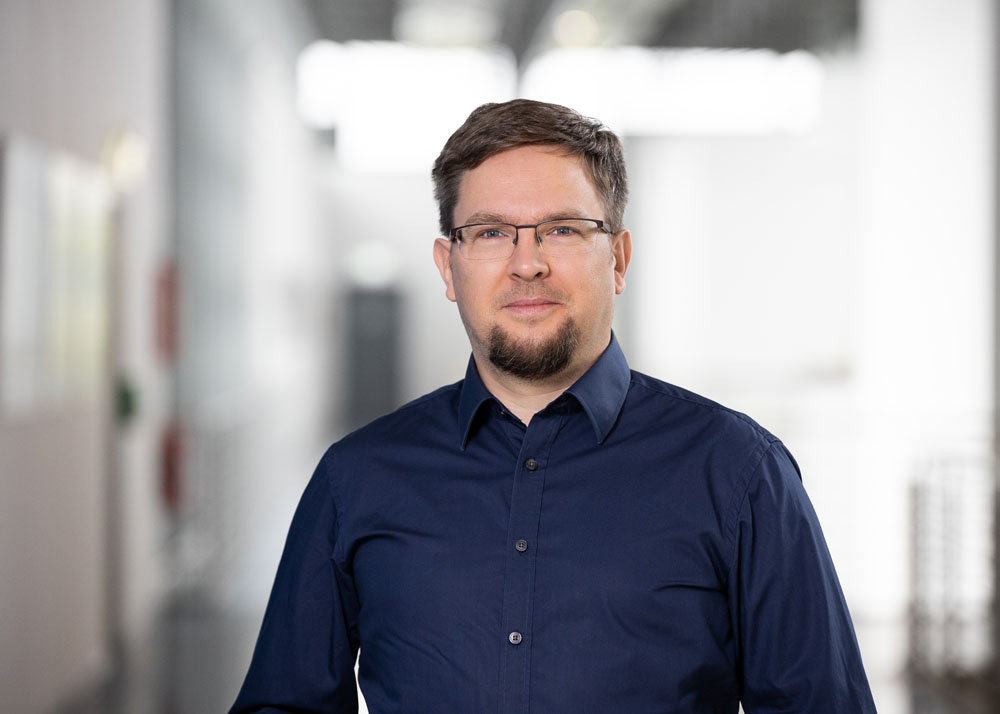This Joint Lab is the result of a long-standing collaboration with the University of Zielona Góra. The cooperation was contractually fixed in February 2016. The cooperation is characterized by joint lecture and teaching activities, Bachelor and Master theses as well as subject-specific scientific research projects.
-
Research >> click here <<
The research focus of the Joint Lab is the development of:
- wireless sensor networks
- intelligent sensors
- communication protocols
- data processing and security
- energy management at all levels
- edge, fog and cloud computing middleware
This Joint Lab investigates all aspects of the practical approaches of distributed measurement systems. Such measurement systems include the resource-constrained part, usually known as wireless sensor network, Internet of Things (IoT) or Cyber Physical Systems (CPS). This sensor and actuator network is installed in the monitored environment, interacts with this environment and communicates with the more powerful part of the measurement system, which for example is located in the cloud (or distributed between cloud, fog and edge). The combination of these two parts allows applications in areas such as environmental monitoring, smart grid, and smart city. Such applications handle very large amounts of data from different sources and by different owners. They need reliability and security, which together with another important feature of distributed systems - availability - make the development of such measurement systems not trivial.
-
Projects >> click here <<
SmartGrid Platform
The project aims at extending the scientific cooperation between the Institute of Metrology, Electronics and Computer Science of the University of Zielona Góra and IHP. Within the framework of this project, the focus is particularly on systematization of technology-oriented work on systems and algorithms for energy management in the intelligent energy grid (Smart Grid). The main result is an increase in the level of cooperation between the project partners - which will lead to an increase in the research potential in the region.
The application of intelligent algorithms in energy management will without doubt become a necessity, as energy is increasingly coming from renewable sources. The undisturbed use of the power grid is particularly important for consumers. Testing the algorithms under realistic conditions is particularly difficult. In the SmartGrid platform project we have developed a test platform for such investigations.
Project funded by:

SmartRiver
The aim of the project is to support flood protection measures for the population in Słubice and Frankfurt (Oder). The project is a research project in which a cross-border, intelligent system for dike and Oder area monitoring will be realized.
The project also aims to expand the scientific cooperation between the University of Zielona Góra and the IHP. Within the framework of this project, the focus is especially on systematization of the technology-oriented work on algorithms and solutions for wireless sensor networks and Smart City.
Project funded by:

ebalance plus
The ebalance plus project extends the results of the e-balance and SmartGrid Platform projects. On the basis of these results, a solution is to be developed that uses the energy flexibility of the users to improve the network reliability and the network efficiency, while using renewable energy sources.
The ebalance+ proposal is an ICT platform that assures the integration and interoperability at any electricity domain, providing an effective market framework where electric operators and stakeholders benefit with new business models. The system is composed of management units that implement algorithms to forecast and manage the available flexibility to incentivize demand response programs and increase the distribution grid capacity to avoid congestions and advise optimization strategies. Besides, it allows integrating the flexibility solutions (developed and tested in the project): electric storage, V2G systems, SiC power inverters, power to heat, control of CHP and management of building devices with IoT-based systems. Smart-gird automation and control solutions will be integrated to enhance the grid observability and use the available flexibility to increase the resilience under critical events.
Project funded by:

AMMOD
The AMMOD project will develop an automated and energy self-sufficient measuring station for monitoring biodiversity. Biodiversity monitoring on a larger spatial scale is currently only possible on the basis of a selection of indicator species and with the support of citizen scientists who are experts in the taxonomy and biology of the selected species groups. DNA barcoding, one of the most developed alternatives to traditional species identification, is useful for a large number of small and difficult-to-determine species, although it is less important for monitoring birds, bats, rodents, etc. However, other innovative tools are available for this purpose. Many available technologies have been developed for other (e.g. military) purposes and need to be adapted for automated biodiversity monitoring. We are pursuing the use of these instruments to build a "Biodiversity Weather Station".
Project funded by:

SpaceRegion
The main goal of the project is to integrate the Space Technology Groups around the new Space Technology Park in Zielona Góra and the IHP. And since space applications often involve measurement systems that need to be reliable and energy efficient, the issue is also important for the Joint Lab.
The planned activities are intended to reach various target groups representing potential participants in the sector. Lectures and meetings are planned for school and university students to attract future employees and for government employees to demonstrate the benefits of the technologies. A network of companies active in the field will be established. The core of the project is the integration of the research potential. The joint activities of the project partners should bring a sustainable and intensive cooperation in the future, and thus strengthen innovation in the region.
Project funded by:

-
Publications >> click here <<
- High-Resolution Net Load Forecasting for Micro-Neighbourhoods with High Penetration of Renewable Energy Sources
P. Kobylinski, M. Wierzbowski, K. Piotrowski
International Journal of Electrical Power & Energy Systems, Volume 117, 2020, 105635, ISSN 0142-0615, doi.org/10.1016/j.ijepes.2019.105635. - PICO: A Platform Independent Communications Middleware for Heterogeneous Devices in Smart Grids
J. Chen, E. Canete, D. Garrido, M. Diaz, K. Piotrowski
Computer Standards and Interfaces 65, 1 (2019) - Balancing Energy Production and Consumption in Energy Efficient Neighborhoods
K. Piotrowski, M.P.A. Geers, D. Garrido, J. Chen, A. Casaca, J.J. Peralta, M.E.T. Gerards
Proc. IEEE International Energy Conference (EnergyCon 2018), (2018) - Protection of Forests against Environmental Risks – the SCHUWA-Project
M. Natkhin, J. Müller, K. Piotrowski, Ch. Pistorius, K. Kronfeld
Proc. 19. ITG-/GMA-Fachtagung Sensoren und Messsysteme 2018, 30 (2018) - IoT based Flood Embankments Monitoring System
E. Michta, R. Szulim, A. Sojka-Piotrowska, K. Piotrowski
Photonics Applications in Astronomy, Communications, Industry, and High-Energy Physics Experiments 2017, SPIE Proceedings, 104455Y (2017), Lagow, May 28 - June 06, 2017, Poland
- High-Resolution Net Load Forecasting for Micro-Neighbourhoods with High Penetration of Renewable Energy Sources
-
Education >> click here <<
- Courses at UZ (WIEA) by IHP staff
- Lecture and exercise course – Wireless Sensor Networks and Mobile Applications
- Bachelor and Master theses
- 2018 - 2019: 10 Bachelor, 3 Master
- 2020: 4 Bachelor, 1 Master
- Courses at UZ (WIEA) by IHP staff




